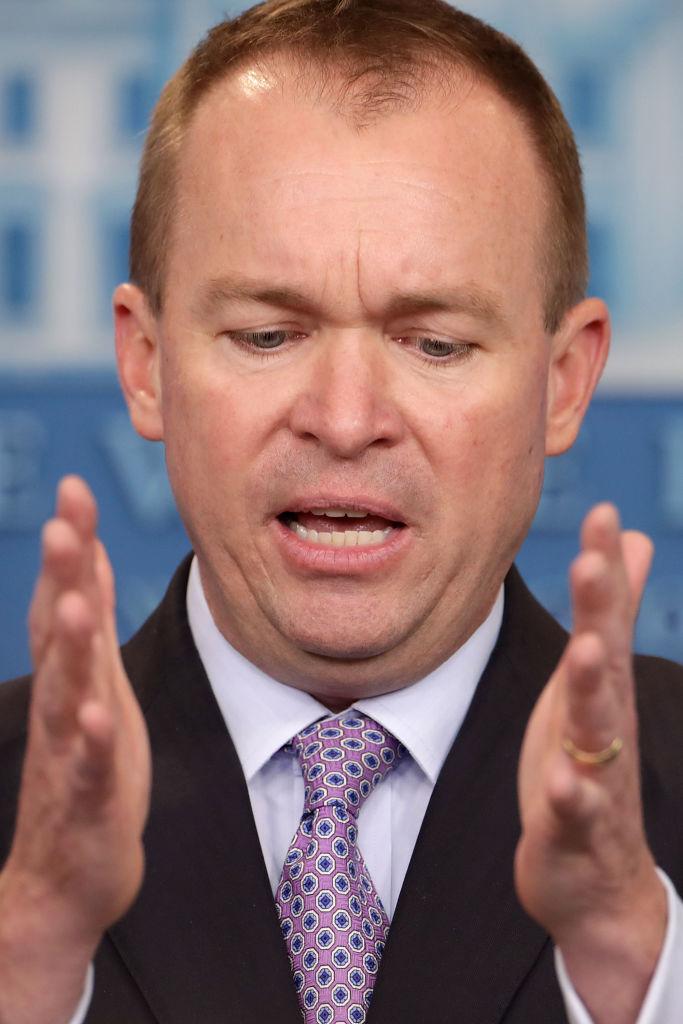WASHINGTON—President Donald Trump wants lawmakers to slash $3.6 trillion in government spending over the next decade, taking aim in an austere budget plan unveiled on Tuesday at healthcare and food assistance programs for the poor while boosting the military.
Republicans who control the Congress—and the federal purse strings—will decide whether to make politically sensitive cuts and the proposal in its current form is very unlikely to be approved.
Although it is not expected to survive on Capitol Hill, the proposal puts numbers on Trump’s vision of the kind of budget he seeks: one with radical cuts to government assistance to lower-income Americans.
There is some new spending in his plan for fiscal year 2018, which starts in October.
The Pentagon would get a spending hike, and there would be a $1.6 billion down payment to begin building a wall along the border with Mexico, which was a central promise of Trump’s presidential campaign.
Trump seeks to balance the budget by the end of the decade, according to the plan.
Trump’s proposal foresees selling half of the U.S. emergency oil stockpile, created in 1975 after the Arab oil embargo caused fears of price spikes. The announcement surprised oil markets, and briefly pulled down U.S. crude prices.
Republicans are under pressure to deliver on promised tax cuts, the cornerstone of the Trump administration’s pro-business economic agenda, which would cut the business tax rate to 15 percent, and reduce the number of personal tax brackets.
But their policy agenda has stalled as the White House grapples with the political fallout from allegations of Russian meddling in the 2016 U.S. election.






